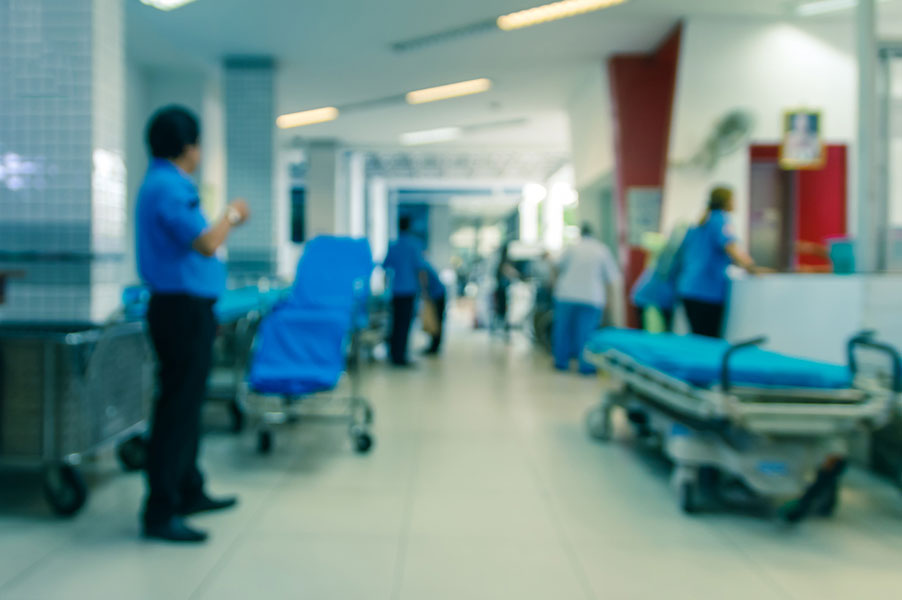Hospital patients are more likely to die during off-hours, whether due to complications from a heart attack or other serious health issues. New research looks into whether what doctors call the “weekend effect” has changed or improved since first investigated in 2008. The Journal of the American College of Cardiology recently published a new study to see if survival rates have improved during nights and weekends for in-hospital cardiac arrest.
“We know that survival trends have improved in the past decade or so,” said Dr. Uchenna Ofoma, Assistant Professor of medicine at Temple University and a critical care physician to CNN Health. “The question now becomes…what happens to the disparities? Has it remained the same? Is it narrowing?”
The new study shows that treatment for cardiac arrest has improved and outcomes are better, but there is still a need to close the nights and weekends gap. The survival rate for in-hospital patients has improved somewhat between 2000 and 2014, with a survival rate during the weekday that jumped from 16 percent to 25.2 percent, compared to a jump from 11.9 percent to 21.9 percent during the evenings and weekend.
There was no significant change in the gap between weekday and off-hours outcomes in survival according to the study. About half the patients in the study experienced a cardiac arrest during the off-hours. The study included more than 150,000 patients from 470 hospitals in the research study.
“We’re able to point out that the problem exists without really having great insight as to why,” said Dr. Seth Goldstein, a pediatric surgical fellow at Johns Hopkins Hospital to CNN Health News. Goldstein has done his own research on children admitted to the hospital on the weekends for surgery, who had a higher risk of death or complications such as the need for blood transfusions. He said he thought that hospitals may be understaffed or doctors are fatigued during the off hours. Patients could also present to the hospital in worse conditions than during the weekday, due to activities like drinking that may cause more severe injuries requiring surgery.
Goldstein believes outcomes would improve if hospitals have more staff during these off-hours, and a better alert system in the hospital when patients take a turn for the worse. It is also more difficult to get laboratory tests, x-rays or EKGs done in the evening or on the weekend than it is during the weekday he said. Dr. Ofoma believes that hospitals that have been more successful at closing the gaps in care should be examined to see what they are doing right.
Source: CNN Health, “More People Still Die in Hospitals on Weekends,” by Michael Nedelman, January 22, 2018
MedTrust Transport provides emergent and non-emergent ambulance services in Charleston, Myrtle Beach, and Georgetown, South Carolina. We have trained EMT personnel and a fleet of fully-equipped ambulances. We aim to provide compassionate and timely patient care.

